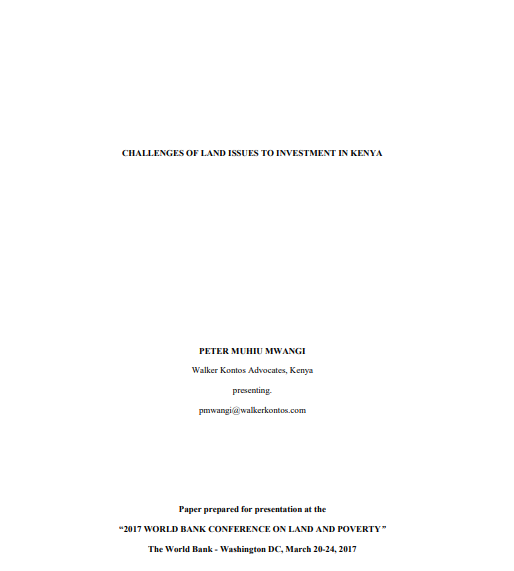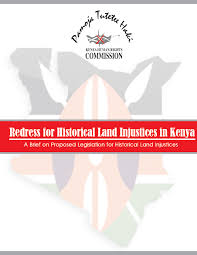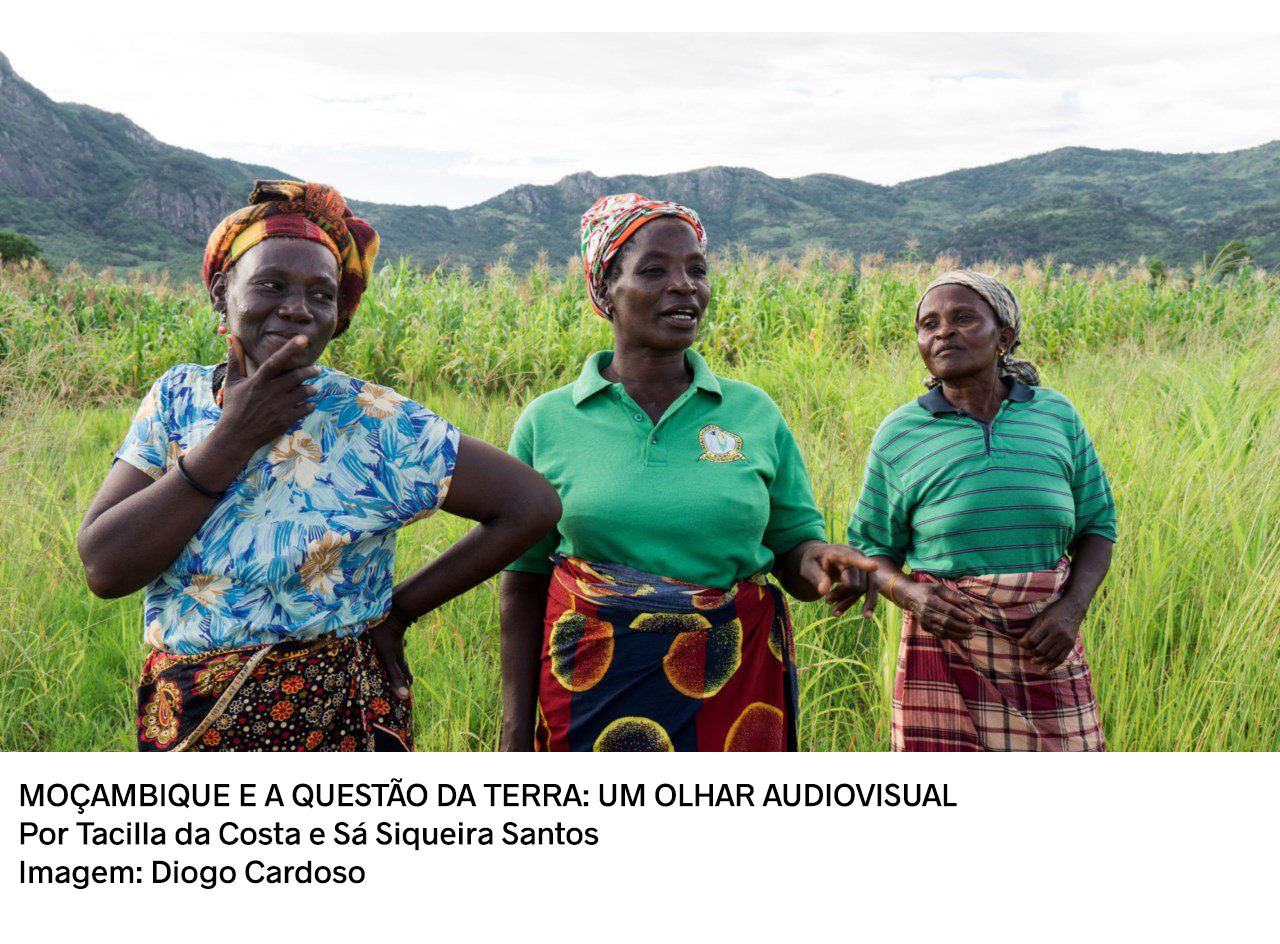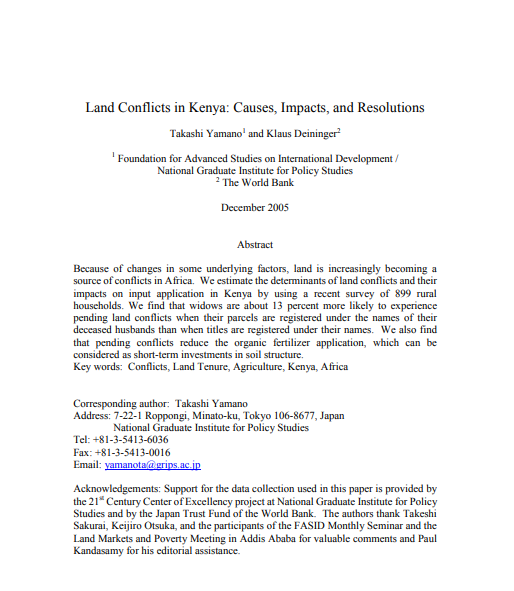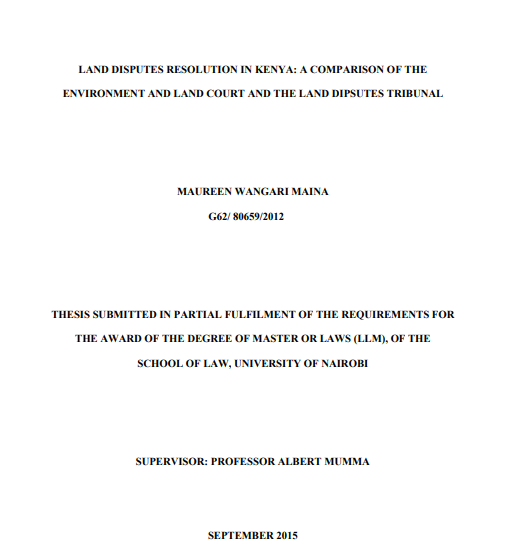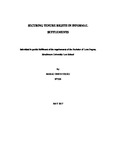Staking Their Claims: Land Disputes in Southern Mozambique
Conflicting interests in land and resource use emerged in postwar Mozambique, giving rise to multiple layers of dispute. This article explores the disputes occurring between 1992 and 1995 in two districts which are notable for the severity of competition over land by virtue of their proximity to Maputo, namely, Matutuíne and Namaacha. Although private sector claims were beginning to be staked with the potential for displacing people occupying the same land, other conflicts still predominated.


